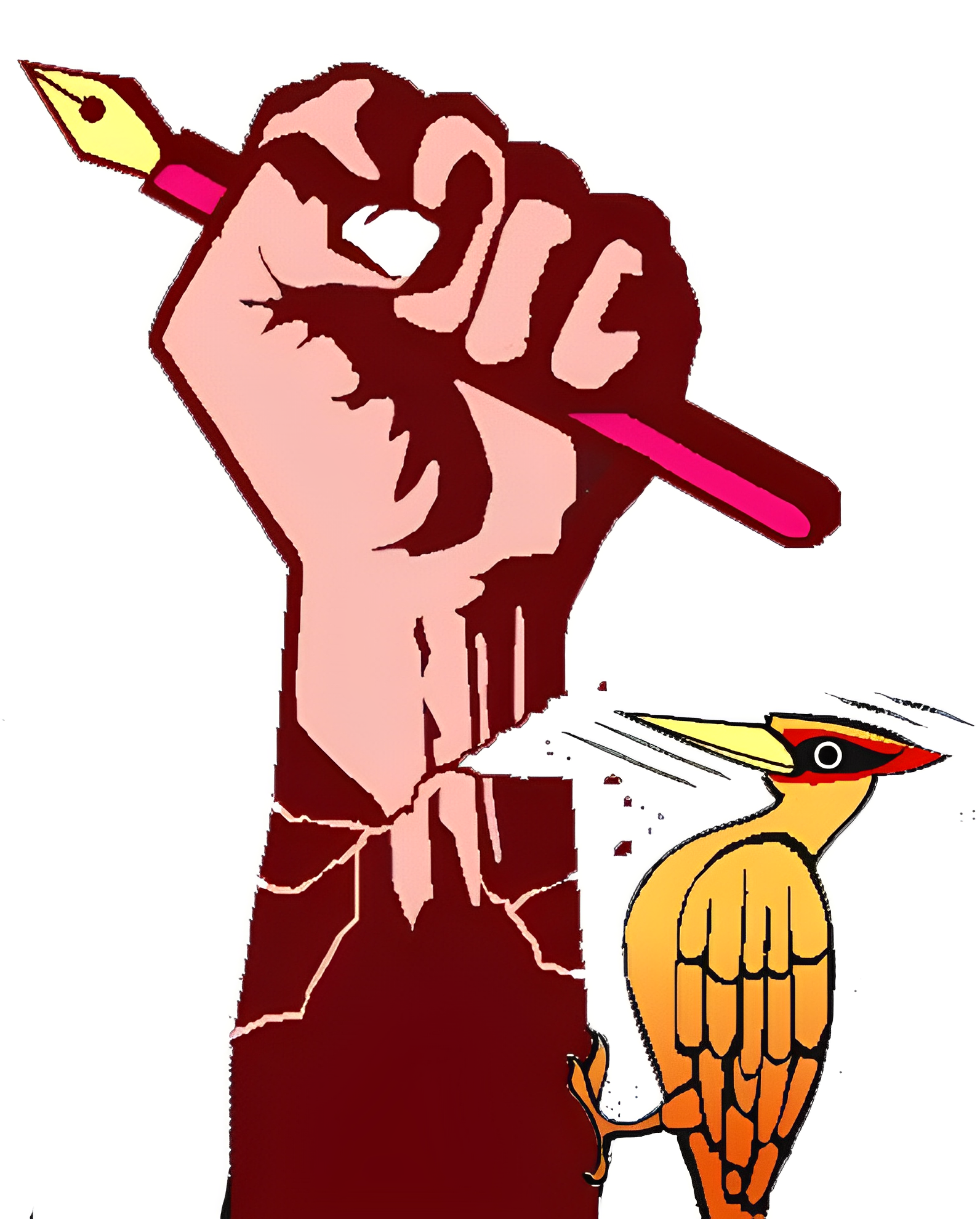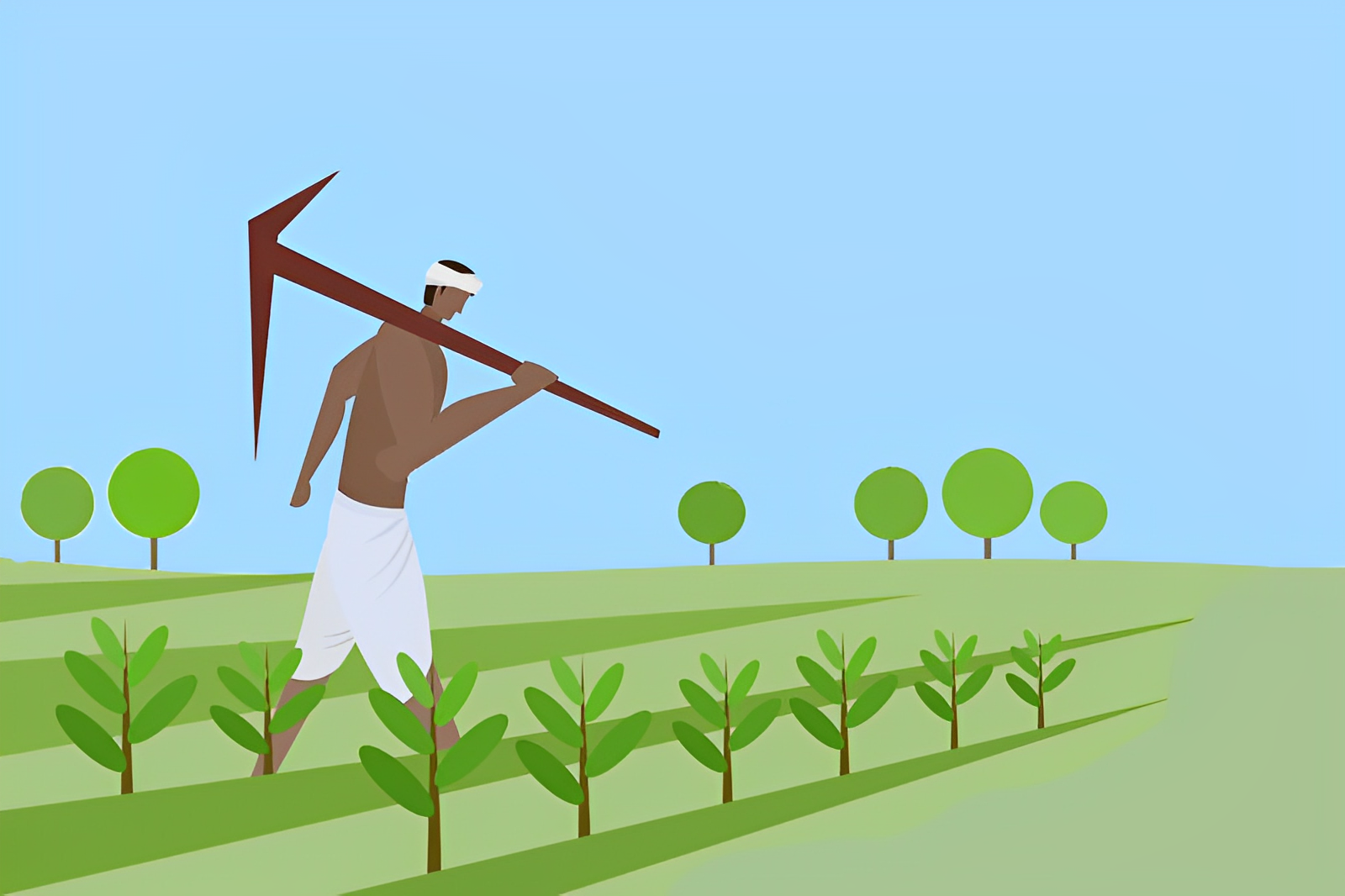
25-03-2023 (Important News Clippings)
To Download Click Here.
 Date:25-03-23
Date:25-03-23
1 Good Law, 1 Bad
Rahul’s disqualification correct, defamation law problematic
TOI Editorials

Chilling effect
Congress leader Rahul Gandhi’s conviction and jail term flags need to abolish criminal defamation
Editorial
The rigours of the law and the tribulations of politics have come together to bedevil Congress leader Rahul Gandhi. An election-time jibe he had made in 2019 — ‘how come all of these thieves have Modi in their names?’ — has been declared by a court in Surat to be defamatory. Mr. Gandhi has been sentenced to two years in prison, the maximum sentence for criminal defamation, and disqualified from his membership in the Lok Sabha. Both the conviction and sentence raise legal questions. Does the remark amount to defaming anyone in particular, or to people with the surname ‘Modi’ as a group? Case law indicates that the expression ‘collection of persons’ used in Section 499 of the IPC, with reference to those who can be defamed, has to be an identifiable class or group and that the particular member who initiates criminal proceedings for defamation must demonstrate personal harm or injury by the alleged defamatory statement. It is difficult to sustain the argument that all those with the surname, and not merely the three individuals including Prime Minister Narendra Modi who were referred to, can be aggrieved persons. Also, it is not clear if the complainant, BJP MLA Purnesh Modi, had shown that he was aggrieved by the alleged slur either personally or as a member of the ‘Modi’ group.
The maximum sentence is also troubling. Statutes prescribe maximum jail terms so that trial courts use their discretion to award punishments in proportion to the gravity of the crime. It is questionable whether attacking an indeterminate set of people with a general remark will amount to defamation, and even if it did, whether it is so grave as to warrant the maximum sentence. The correctness of the judgment will be decided on appeal, but the political cost to Mr. Gandhi in the form of disqualification from the House and from electoral contest will have a lasting impact, unless he obtains a stay on the conviction rather than mere suspension of sentence. In a country that often frets over criminalisation of politics, corruption and hate speeches, it is ironic that criminal defamation should overwhelm the political career of a prominent leader. A modern democracy should not treat defamation as a criminal offence at all. It is a legacy of an era in which questioning authority was considered a grave crime. In contemporary times, criminal defamation mainly acts as a tool to suppress criticism of public servants and corporate misdeeds. In 2016, the Supreme Court upheld criminal defamation without adequate regard to the chilling effect it has on free speech, and to that, one must now add, political opposition and dissent. Opposition parties expressing dismay at the verdict against Mr. Gandhi should include abolishing criminal defamation in their agenda.
कृषि वैज्ञानिकों को शोध की दिशा बदलनी होगी
संपादकीय

सियासी शह-मात के खेल में कृपया संसद को न उलझाए
योगेंद्र नारायण,( पूर्व महासचिव राज्यसभा )
“संसद में फिलहाल एक अजीब स्थिति बन गई है। आमतौर पर होता यह है कि विपक्षी दल के सदस्य सदन के वेल में आते हैं या नारेबाजी करते हैं, मगर इस बार तो सत्ता पक्ष के सदस्य भी ऐसा ही कर रहे हैं और सदन नहीं चल रहा। यहां मुझे वे दो मामले याद आ रहे हैं, जब मैं राज्यसभा का महासचिव (साल 2002 से 2007 तक) था और सांसदों के इसी तरह के बर्ताव के बावजूद सदन अपना काम करने में सफल रहा था
पहली घटना 2003 की है। केंद्रीय सतर्कता आयोग (सीवीसी) की एक रिपोर्ट थी, जिसको संसद में पेश करने की मांग तत्कालीन विपक्षी पार्टी कांग्रेस कर रही थी। मगर सीवीसी ने जब वह रिपोर्ट सभापति को सौंपी थी, तब उसने इसको सार्वजनिक न करने की गुजारिश की थी। फिर भी, सत्ता पक्ष और विपक्ष, दोनों तरफ से बहस हुई और अंत में सभापति ने उस रिपोर्ट को सार्वजनिक न करने का फैसला किया। इसके विरोध में कांग्रेस ने वाकआउट किया। करीब 14 दिन कांग्रेस सांसद सदन से बाहर रहे, लेकिन उन्होंने संसदीय कामकाज में कोई रुकावट नहीं डाली। हालांकि, उस दौरान सत्तारूढ़ राष्ट्रीय जनतांत्रिक गठबंधन का नेतृत्व कर रही भारतीय जनता पार्टी ने भी कोई बिल पेश नहीं किया, ताकि बिना बहस उसे सदन की मंजूरी न मिले।
इसी तरह, भाजपा सांसद मुरली मनोहर जोशी ने इलाहाबाद यूनिवर्सिटी को केंद्रीय विश्वविद्यालय बनाने को लेकर एक बिल पेश किया। कांग्रेस ने ‘इंट्रोडक्शन’ के समय ही उसका विरोध किया, क्योंकि उसका मानना था कि चुनावी वर्ष में इस तरह के विधेयक पेश नहीं किए जाने चाहिए। मगर तत्कालीन एनडीए सरकार अड़ी रही। तभी ऐन वक्त पर प्रणब मुखर्जी ने वोट की मांग कर दी। इस मतदान में सत्तारूढ़ गठबंधन को मात खानी पड़ी, क्योंकि उसके कई सदस्य उस समय सदन में नहीं, बल्कि इधर-उधर थे। दरअसल, ऐसी किसी वोटिंग से पहले पूरे संसद परिसर में तीन बार घंटी बजाई जाती है और आखिरी घंटी के बाद सदन का दरवाजा बंद कर दिया जाता है। इसके बाद मतदान होने तक न कोई अंदर जा सकता है और न बाहर आ सकता है। उस हार को सत्ता पक्ष ने खुशी-खुशी स्वीकार किया। संसद में शोरगुल के बीच भी बिल पास होते रहे हैं। लोकसभा अध्यक्ष या राज्यसभा के सभापति हंगामे के बीच बिल को सदन की मंजूरी दिलाने में सफल रहे हैं। मगर मौजूदा स्थिति में न तो विपक्ष को अपनी बात रखने का मौका मिल रहा है, और न सत्ता पक्ष कोई बिल पेश कर रहा है।
संसदीय व्यवस्था में संसद चलाने की जिम्मेदारी सरकार की होती है। इसमें लोकसभा अध्यक्ष और राज्यसभा के सभापति भी मदद करते हैं। मौजूदा गतिरोध को खत्म करने के लिए बैठकों का दौर शुरू हो गया था। मगर इनका कोई नतीजा निकलता, उससे पहले ही सूरत की एक अदालत ने राहुल गांधी को विवादित बोल के लिए दो साल की सजा सुना दी। नतीजतन, शुक्रवार को दिन चढ़ते-चढ़ते लोकसभा से उनकी सदस्यता जाने संबंधी अधिसूचना भी जारी हो गई। यह फैसला संविधान के अनुच्छेद 102 (1)(ई) के प्रावधानों और जन-प्रतिनिधित्व कानून-1951 की धारा 8 के तहत लिया गया है। इन सबसे सियासी तापमान स्वाभाविक ही बढ़ गया है। मगर विपक्ष को इसका नुकसान कहीं अधिक हो रहा है। फिलहाल बजट तो संसद से पास हो जाएगा, लेकिन अभी न प्रश्नकाल चल रहा है, जिसमें विरोधी दल के नेता सरकार से सवाल कर सकते हैं, और न किसी बिल पर वे अपनी बात रख पा रहे हैं।
ऐसे में, अब सांसदों को सदन चलाने को लेकर गंभीर हो जाना चाहिए। अडानी-हिंडनबर्ग रिपोर्ट पर संयुक्त संसदीय समिति (जेपीसी) गठित करने की विपक्ष की मांग को बेशक सत्ता पक्ष न माने, लेकिन उसे इस मामले पर बहस के लिए तैयार हो जाना चाहिए। इससे विपक्षी दलों को भी अपनी बात रखने का मौका मिलेगा। रही बात सत्ता पक्ष द्वारा मांगी जा रही राहुल गांधी की माफी की, तो अब वह चूंकि लोकसभा सदस्य नहीं रहे, इसलिए सत्ता पक्ष भी अपनी यह जिद छोड़े और सदन को सुचारु रूप से चलने दे। जन-प्रतिनिधियों को यह समझना चाहिए कि सियासी शह और मात के खेल में जनता के हितों की कतई अनदेखी नहीं हो।